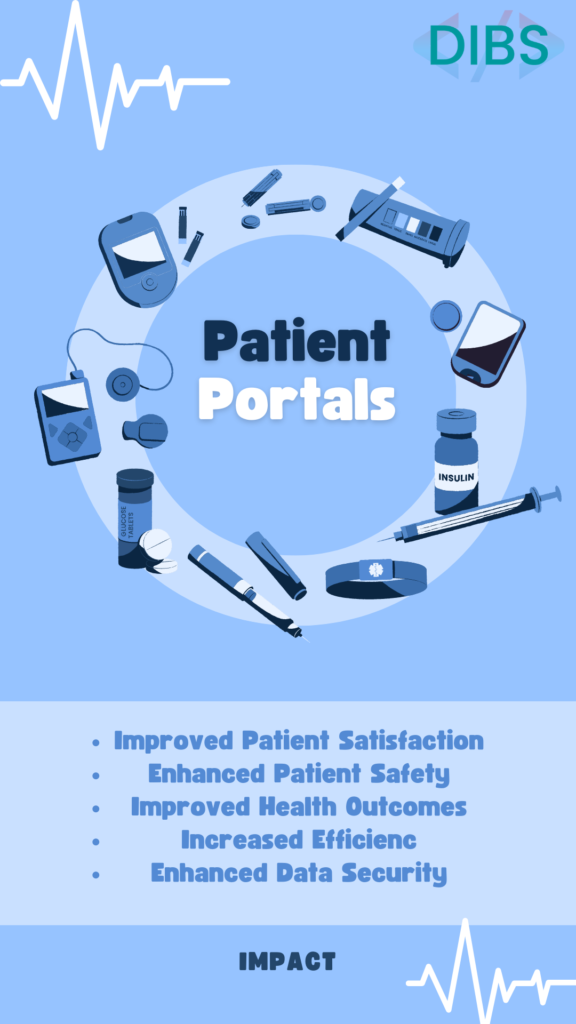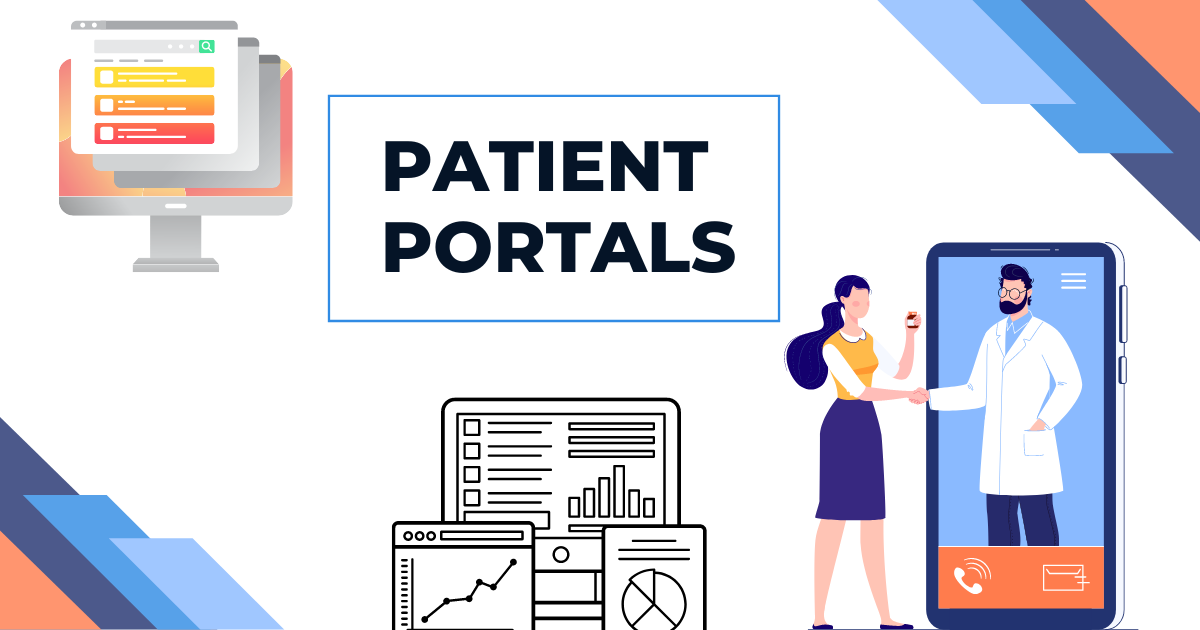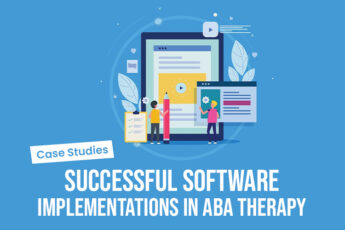In today’s digital age, patient portals have become an essential component of healthcare delivery. They are secure websites that provide patients with access to their medical information. It allows them to interact with their healthcare providers and manage their health information from anywhere with an internet connection. In this blog, we will explore the benefits of patient portals and how they are transforming healthcare delivery.
Benefits of Patient Portals:
- Improved Communication: It allow patients to communicate with their healthcare providers securely and conveniently. Patients can send messages to their providers, request prescription refills, and schedule appointments. It reduce the need for in-person visits or phone calls.
- Access to Medical Information: It provide patients with access to their medical records, including test results, medication lists, and health history. This enables patients to monitor their health and track their progress towards their healthcare goals.
- Enhanced Patient Engagement: Patient portals empower patients to take an active role in their healthcare. It allows them to access their medical information, communicate with their providers, and manage their health information.
- Improved Care Coordination: It allow healthcare providers to share information and coordinate care across multiple providers, that improves the quality and continuity of care.
- Increased Efficiency: It reduce administrative burdens by allowing patients to update their personal information, complete forms, and make payments online. This frees up staff time and resources to focus on patient care.
Impact of Patient Portals on Healthcare Delivery:
- Improved Patient Satisfaction: Patient portals improve patient satisfaction by providing convenient access to medical information and improving communication with healthcare providers.
- Enhanced Patient Safety: It provide patients with access to accurate and up-to-date medical information, reducing the risk of medical errors and adverse events.
- Improved Health Outcomes: It empower patients to take an active role in their healthcare. It leads to better health outcomes and reduced healthcare costs.
- Increased Efficiency: Patient portals reduce administrative burdens and improve workflow efficiency, reducing costs and improving productivity.
- Enhanced Data Security: Patient portals provide secure access to medical information, protecting patient privacy and ensuring compliance with healthcare regulations.

Conclusion
In conclusion, patient portals are transforming healthcare delivery. DIBS can help healthcare providers by developing custom patient portals that improves patient engagement, communication, and access to medical information for patients. Healthcare providers should invest in patient portals to stay ahead of the curve and provide patients with the best possible care. They are an essential tool for delivering patient-centered care in the digital age.
Talk to our experts and find out more about the latest healthcare technologies and how DIBS team can help you improve patient engagement and satisfaction by providing secure online access to medical records, test results, appointment scheduling, and communication with healthcare providers.







Leave a Comment